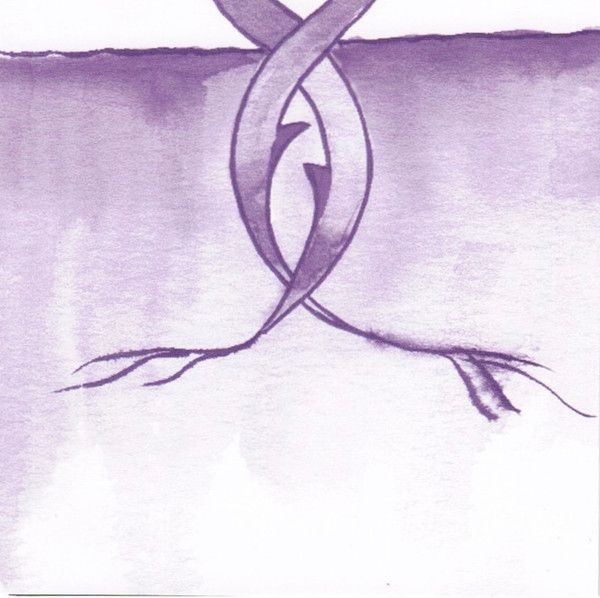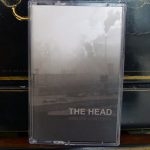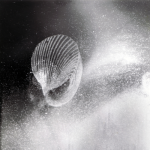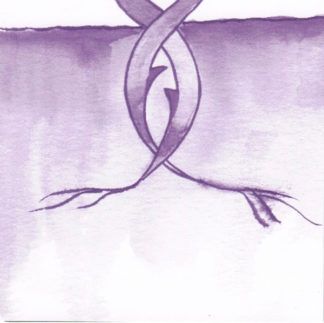Orchid Collider
12,00 € VAT Included
Only 1 left in stock
“As Vertonen, Edwards produces lengthy pieces in which the subtle harmonics and sonorities of slowly shifting drones are of utmost primacy. Orchid Collider contains six tracks in which drones overlap and communicate, discover their innate harmonious natures and then dissolve as throbbing machine rhythms and deafening walls of noise gradually encroach. At times, individual tracks sound like a series of complementary solos by various assemblages of electronic devices, each given their spotlight to communicate their own unique voice. At other times, the sound evokes the hypnotic interstices of the non-local quantum experience: the endless clinical white hallways of Ketamine space. It’s a lonely, plasticated atmosphere haunted by the abandonment of identity and the dim echoes of something artificially resembling nature, such as the uncannily unreal crickets of “Our Sterile Years, Resumed,” a track which runs off its own spool and fades away in a clamour of junk metal noises. There doesn’t seem to be a concept linking the pieces on Orchid Collider, instead each track seems to exist on its own terms, each a separate and hermetic narrative formed out of various strands of hypnotic machine drone. Standout tracks include the all-too-brief “Forgiveness Precipice,” which locates some of the most intensely rendered mind-cleansing frequencies I’ve enjoyed this side of a headphone hearing test. “Failure (Graywater Terminal)” begins with some very Alan Splet-ish atmospheres, lonely haunted drones bubbling up from the bottom of the rusty pipe works and abandoned smokestacks of some future industrial wasteland. Somewhere in the distance a lonely, miserable creature wails in utter darkness and solitude, providing a chilling moment of Lustmord-ian horror that stayed with me long after the track had veered into more benign territory. According to the liner notes, Orchid Collider was made with the support of a Community Arts Assistance Program grant by the City of Chicago Department of Cultural Affairs, which I can’t imagine is a situation in which most purveyors of abstract electronic drone music find themselves. It’s a credit to whoever in Chicago is handing out the arts grants, however, as the album is an exemplary work, a satisfying drone album that goes beyond the usual elegiac hypnosis to locate some truly spine-tingling moments of abstract, haunting loveliness.”














